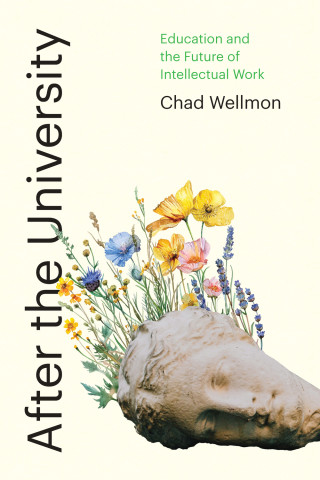
Reviews
This scientific landscape in perpetual, cyclical flux is well described by Kushner’s engaging, accessible panorama.
This is a useful addition to the growing library of laterality literature and gives us a solid overview of the history of left-handedness.
Howard Kushner's On the Other Hand is a review of the history and current state of scientific knowledge about human handedness. This doesn't sound like thrilling reading, but it is.
The book will be of special interest to left-handed people, particularly those who have suffered negative consequences as a result, and to members of other stigmatized groups. For the rest of us, it is an interesting case-study in the seemingly limitless capacity of human beings to discriminate against those who are different from themselves.
In this interesting and highly informative book, Howard Kushner brings together a wealth of information on handedness in humans, including research into its possible causes, and past and present attitudes to left-handedness.
This is a very engaging and informative book that will interest scholars but should also appeal to a much wider audience.
Kushner, a distinguished historian of science and medicine with a deep knowledge of neuroscience, identifies an extremely interesting and puzzling set of issues around the phenomena of left-handedness, handedness in general, brain asymmetry and laterality, and questions of left brain/right brain dominance. Illuminating.
Book Details
Preface
Acknowledgments
1. Genes and Kangaroos
2. Criminals or Victims?
3. By the Numbers
4. Ambiguous Attitudes
5. Changing Hands, Tying Tongues
6. From Genes to Populations
7. The Geschwind Hypothesis
8
Preface
Acknowledgments
1. Genes and Kangaroos
2. Criminals or Victims?
3. By the Numbers
4. Ambiguous Attitudes
5. Changing Hands, Tying Tongues
6. From Genes to Populations
7. The Geschwind Hypothesis
8. Genetic Models and Selective Advantage
9. Uniquely Human?
10. A Gay Hand?
11. Disability, Ability, and the Left Hand
Conclusion
Notes
Index





